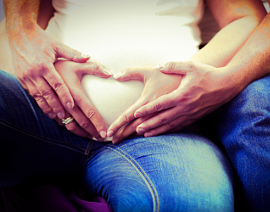- 905.829.0724
- info@yourhealthwellnesscentre.com

Osteopathy is a manual therapy that brings balance to the body by using gentle movements to correct structural and postural imbalances. Through treatment, structural dysfunctions are corrected to improve flexibility and movement of the spine and limbs to relieve obstructions to nerve and blood vessels which may inhibit the body’s capacity to heal and function. Some patients say the treatments feel like a mixture between chiropractic and massage, where myofascial release, joint mobilizations, and muscle energy techniques are used. The primary goal is to treat the underlying cause of pain or dysfunction rather than the symptom. Such causes are related to structural dysfunction (bony restrictions and asymmetries of the spine and limbs) and restrictions in soft tissue (fascia and muscles).
As stated above, improving the alignment and biomechanics of the body, but more specifically the pelvis, will improve how the body functions. A twist through the pelvis creates tension through the pelvic fascia, and an imbalance of the lumbar spine and musculature and muscles of the hip. These combined structural dysfunctions alter how the nervous and circulatory systems communicate with the pelvic organs. A restriction in blood flow limits the flow of hormones and nutrients necessary to regulate the function of these organs. To better clarify this scenario, think of a garden hose. The amount of water that passes through the hose is directly related to the amount of resistance put on the hose. If there is a kink in the hose, very little water passes out the end. If you remove the kink, water flows normally. Osteopathic treatment eliminates these “kinks”, restoring normal circulation and neurological function.